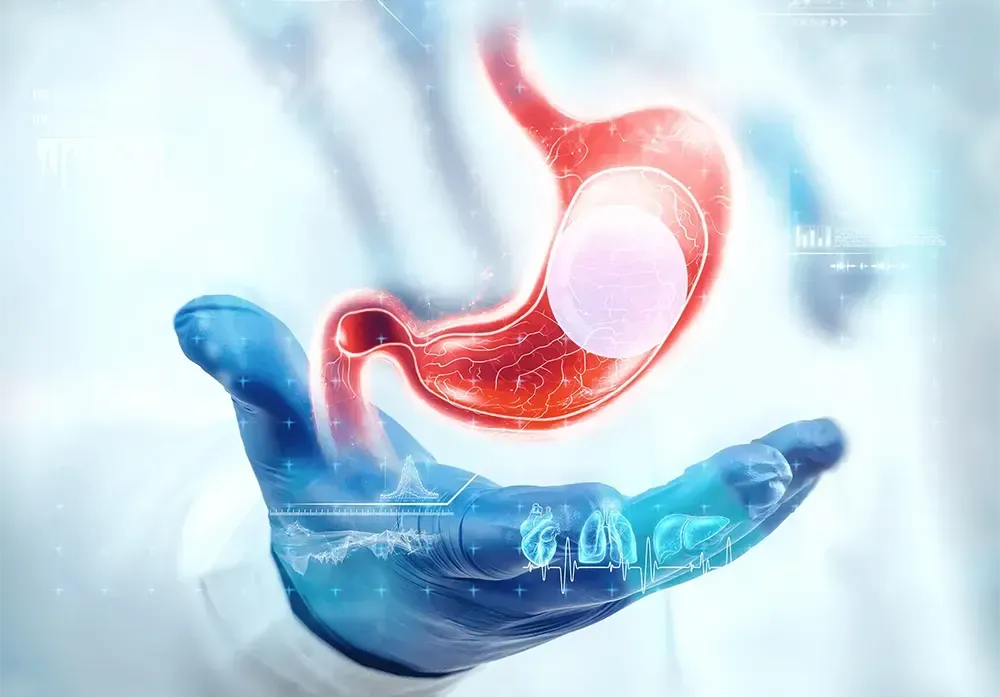Prevent Colon Cancer by Scheduling a Timely Colonoscopy

A colonoscopy on time can help you prevent colon cancer and keep you healthy; learn more tips
Today, cases of colon cancer –which occur both in men and women— have overtaken lung cancer and breast cancer. However, this type of cancer, especially related to lifestyle and age, may be prevented if timely action is taken. A colonoscopy practiced at the right time –when you start experiencing recurring discomfort, for example– is the first step for prevention.
A colonoscop y is a medical test to diagnose a number of diseases in the large intestine (also colon). The test allows doctors to explore inside the intestine, and reach a diagnosis, as well as subsequent treatment. It is important to perform a colonoscopy if you experience:
- Chronic diarrhea
- Fecal blood
- Abrupt weight loss
- Constant and acute abdominal pain
- Previous diagnosis of other diseases such as colitis or Chron’s disease.
The colonoscopy will allow the gastroenterologist to detect a number of problems, and is usually requested in the event of colon cancer history or other risk factors. It is very important to make an appointment to carry out this exam as soon as possible.
What to do to prevent colon cancer? Primary prevention indicates a diet rich in fruits and vegetables, reduction of red meat consumption, avoid alcohol intake, exercise on a regular basis, and maintain a healthy weight. A colonoscopy is part of the second stage of prevention, when a disease that has already developed is at an early stage; whatever it may be, if detected on time, success of proper treatment is higher.
Visit your specialist for periodic checkups to monitor and control your health, your weight, and eating habits, since this is the first step towards a healthy lifestyle. And, should you need advice, always turn to an expert.
For More Colonoscopy Information:
How Does a Colonoscopy Help Prevent Colorectal Cancer?
How to Prep for a Colonoscopy
The post Prevent Colon Cancer by Scheduling a Timely Colonoscopy appeared first on Gastro SB.











